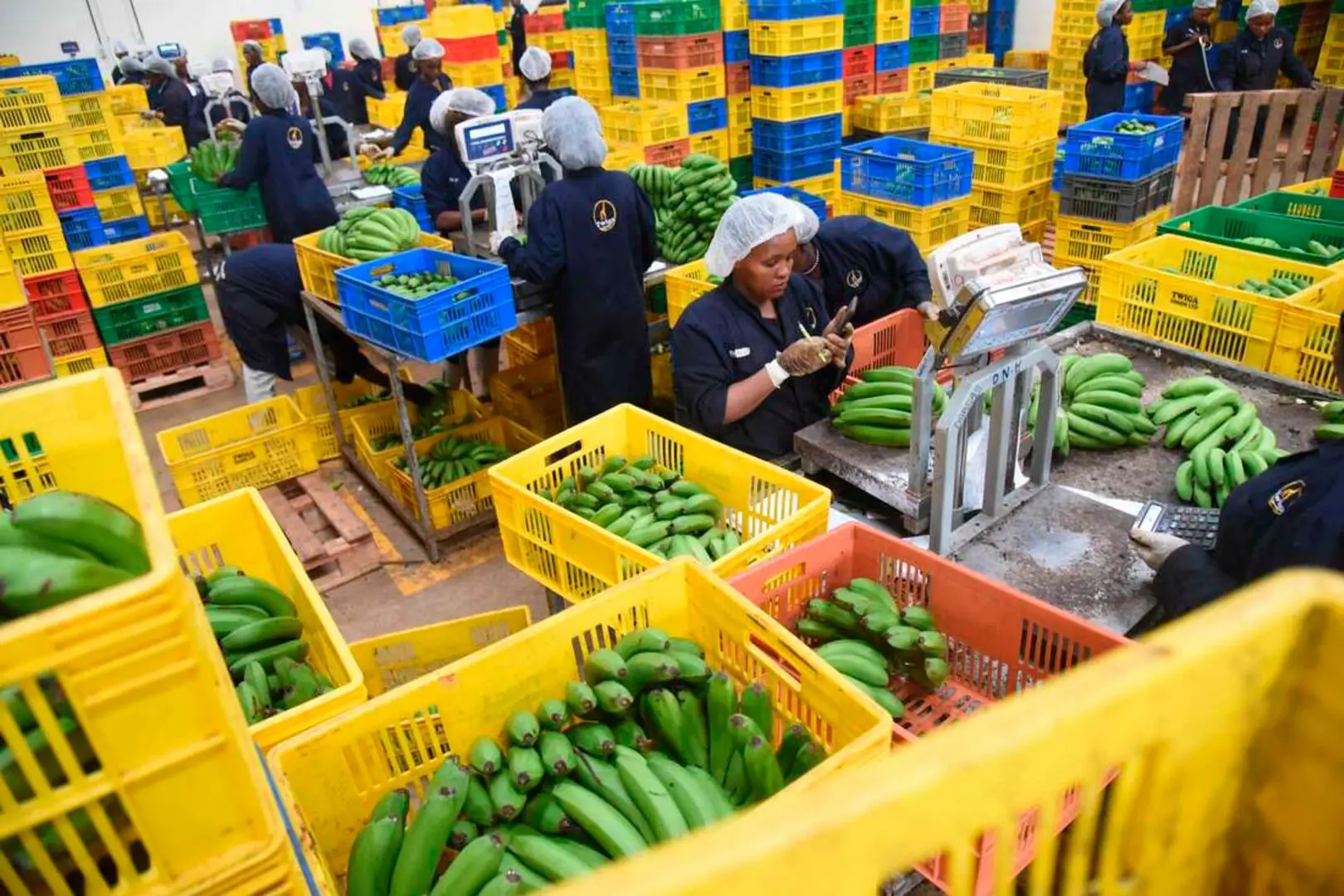Twiga, once a beacon of innovation and potential in the African agribusiness sector, aimed to revolutionize the way agricultural produce was sourced and distributed in Kenya. Founded in 2014, Twiga Foods sought to bridge the gap between small-scale farmers and vendors by creating an efficient, tech-driven supply chain. Despite its early promise and significant investment, Twiga’s journey was fraught with challenges that eventually led to its downfall. This blog post delves into the factors that contributed to Twiga’s failure, offering insights and lessons for other startups in the sector.
Overly Ambitious Expansion
Twiga’s initial success in Nairobi spurred an aggressive expansion strategy. The company aimed to replicate its model across multiple cities and regions within a short period. While expansion is a natural progression for any growing business, Twiga’s rapid scaling outpaced its operational capabilities. The company struggled to maintain consistent service quality and supply chain efficiency in new markets, leading to dissatisfaction among both farmers and vendors.
Lesson: Startups should ensure they have robust operational frameworks and scalable processes in place before pursuing aggressive expansion.
Inadequate Infrastructure
Twiga’s business model relied heavily on logistics and infrastructure. However, Kenya’s infrastructural challenges, such as poor road networks and unreliable electricity supply, hindered Twiga’s operations. The company faced significant difficulties in maintaining the freshness and quality of produce during transportation and storage. Additionally, Twiga’s own warehousing and distribution facilities were often ill-equipped to handle the volume and diversity of produce they aimed to manage.
Lesson: Understanding and adapting to local infrastructure limitations is crucial for startups, especially those in logistics and supply chain management.
Misalignment with Farmer Needs
Twiga positioned itself as a partner to small-scale farmers, promising better prices and a reliable market for their produce. However, many farmers felt that Twiga’s pricing strategies and payment terms did not adequately reflect the true value of their produce or the cost of production. Additionally, the company’s standardized approach often overlooked the unique needs and conditions of individual farmers, leading to discontent and reduced participation.
Lesson: Businesses must engage closely with their stakeholders to understand and address their needs and concerns effectively. A one-size-fits-all approach rarely works in diverse agricultural contexts.
Technology Integration Challenges
Twiga’s model was heavily reliant on technology to streamline operations, from ordering and inventory management to payments and delivery scheduling. While the tech-first approach was innovative, its implementation faced several hurdles. Many small-scale farmers and vendors were not tech-savvy, leading to resistance and errors in the adoption of Twiga’s digital platforms. Additionally, inconsistent internet connectivity in rural areas further hampered the seamless integration of technology into the supply chain.
Lesson: Technology solutions must be user-friendly and adaptable to the varying levels of digital literacy among users. Additionally, contingency plans are essential for areas with unreliable internet connectivity.
Financial Mismanagement
Twiga attracted significant investment from global venture capital firms, raising expectations for rapid growth and high returns. However, the pressure to deliver quick results led to financial mismanagement. The company’s expenditures on infrastructure, technology, and expansion far outpaced its revenue generation. Misaligned financial priorities and overspending on non-essential areas further strained Twiga’s resources, leading to cash flow problems and eventual insolvency.
Lesson: Sound financial management and prudent allocation of resources are critical for sustaining growth and ensuring long-term viability. Startups should balance ambition with financial discipline.
For aspiring entrepreneurs and startups in the agribusiness sector, Twiga’s experience underscores the importance of building a solid operational base, understanding local contexts, engaging stakeholders effectively, and maintaining financial prudence. While Twiga’s fall is lamentable, the lessons learned can guide future ventures towards sustainable success in the dynamic and challenging landscape of African agribusiness.




